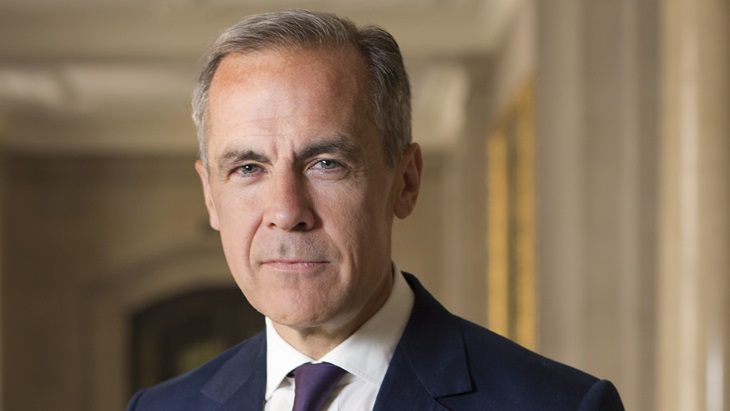About USD120 trillion worth of balance sheets of banks and asset managers want disclosure of investments in fossil fuels, he said, and leading pension fund analysis shows that "if you add up the policies of all of companies out there, they are consistent with warming of 3.7-3.8 degrees Celsius".
"The concern is whether we will spend another decade doing worthy things but not enough ... and we will blow through the 1.5°C mark very quickly. As a consequence, the climate will stabilise at the much higher level,” he said. “If we were to burn all those oil and gas [reserves], there’s no way we would meet carbon budget,” he said, adding that up to 80% of coal assets and up to half of developed oil reserves will be stranded. “A question for every company, every financial institution, every asset manager, pension fund or insurer: what’s your plan?”
Climate change is a "tragedy of the horizon", he said, because the decision-making time horizon of investment managers is between two and 10 years. "In those horizons there will be more extreme weather events, but by the time that the extreme events become so prevalent and so obvious it's too late to do anything about it.... We look to political leaders to start addressing future problems today," he said, adding that the success of the UN's climate talks in Glasgow next year was "vital".
In a statement titled, Climate change: why it matters to the Bank of England, the bank says the economy and the environment are closely linked. For example, the floods in Thailand in 2011 resulted in over USD45 billion of economic losses. More positively, on the other side of the globe, the mangrove forests in Mexico provide storm protection and give support for fisheries and eco-tourism. These benefits have been estimated at USD70 billion in financial terms. The risks that climate change poses for the stability of the financial system include physical risks that can arise from events like storms, floods and droughts, and transition risks that can arise from changes in policy (such as the Paris Agreement) and technology (such as the growth of renewable energy), it said.







_55401.png)
_23009.jpg)






